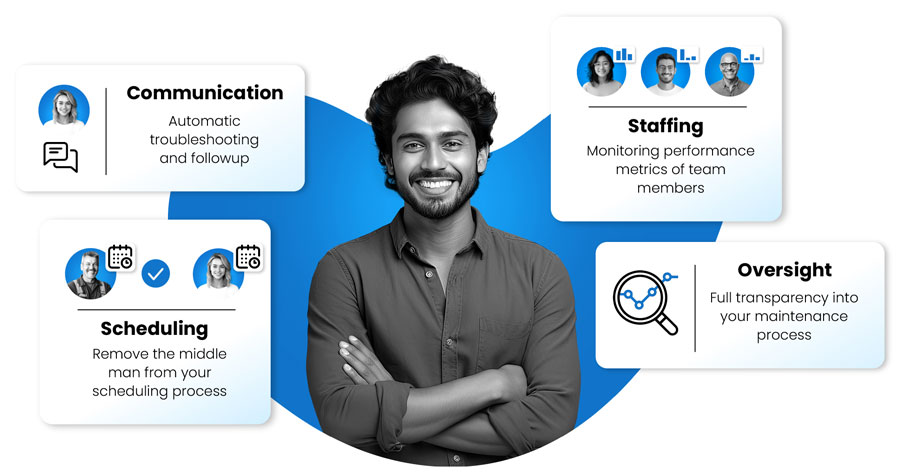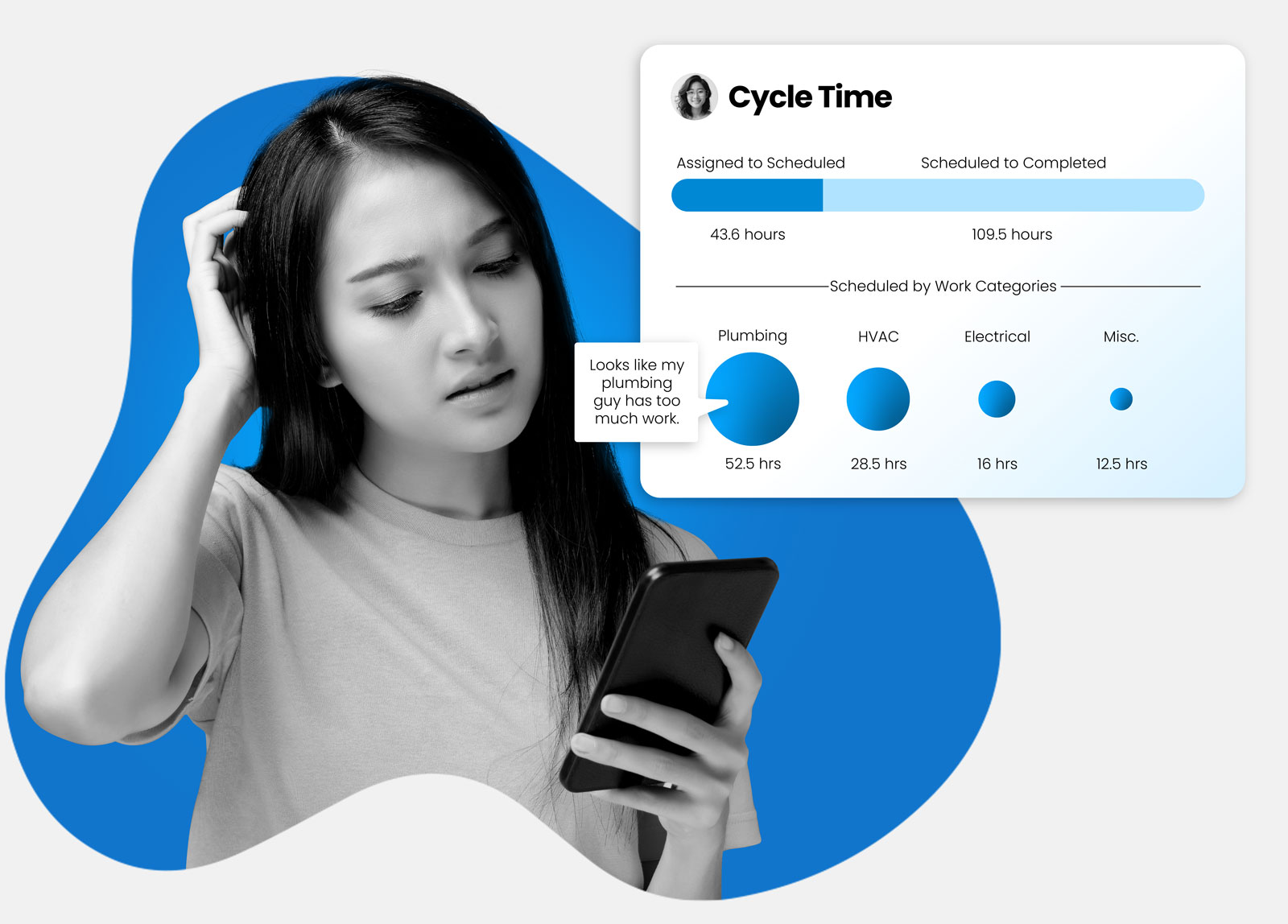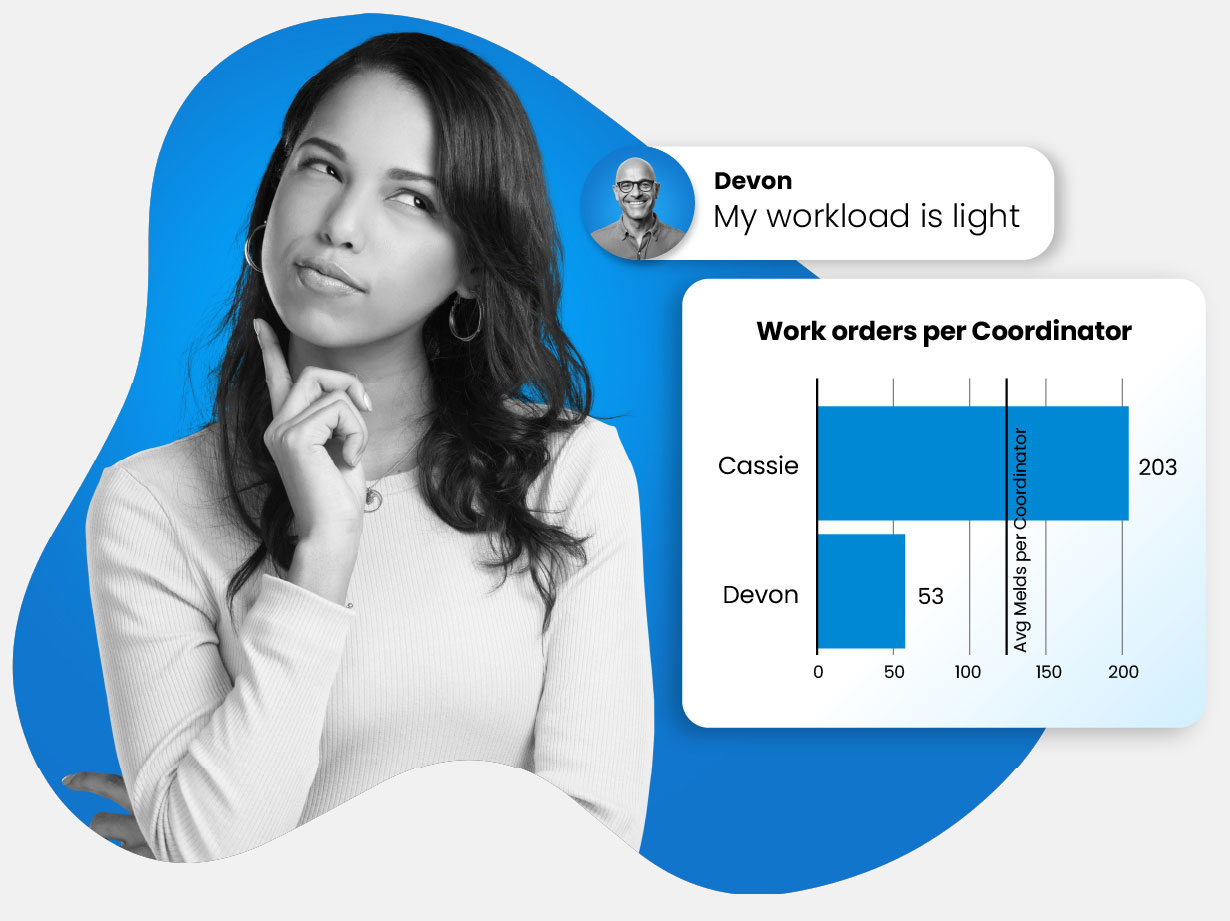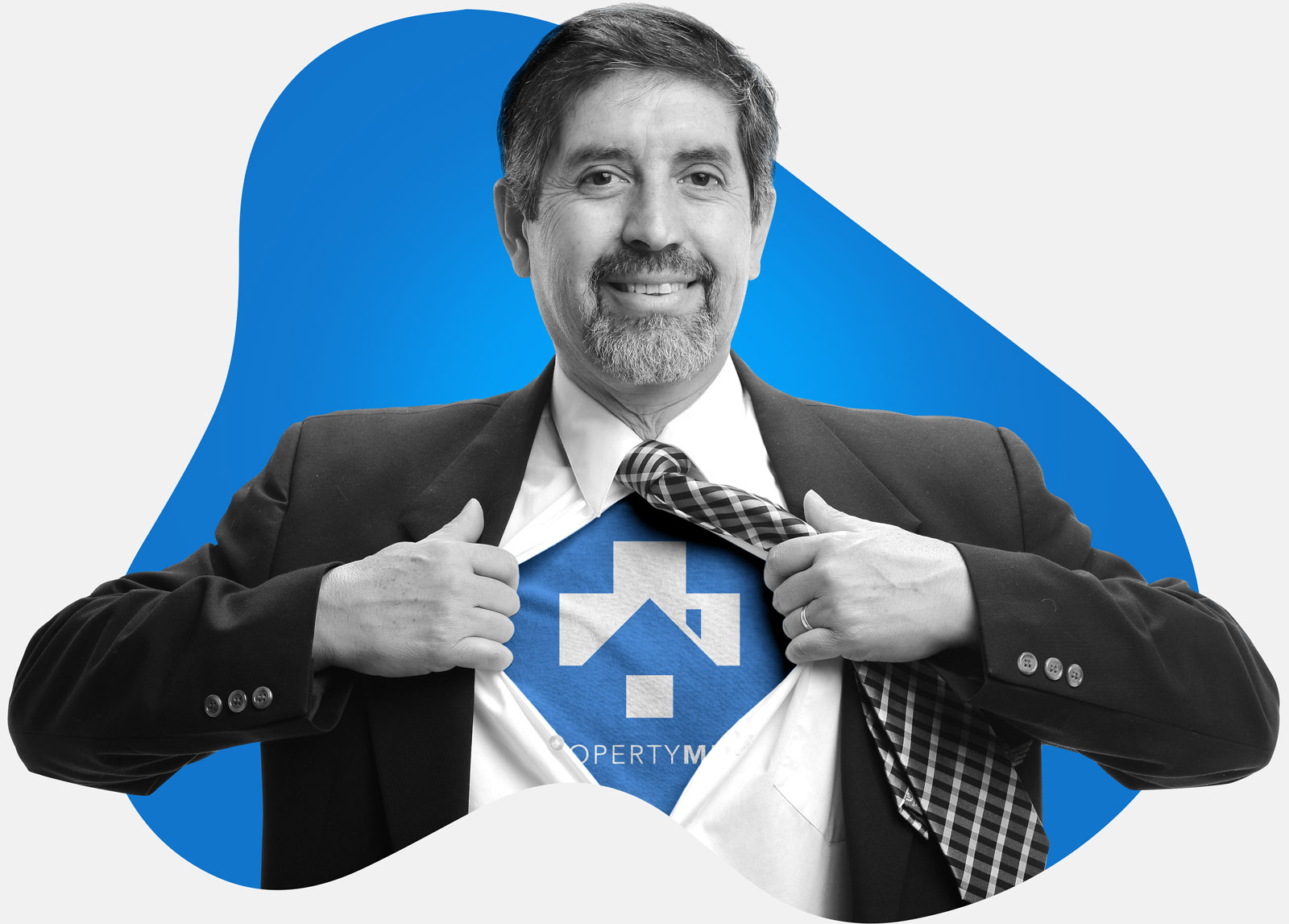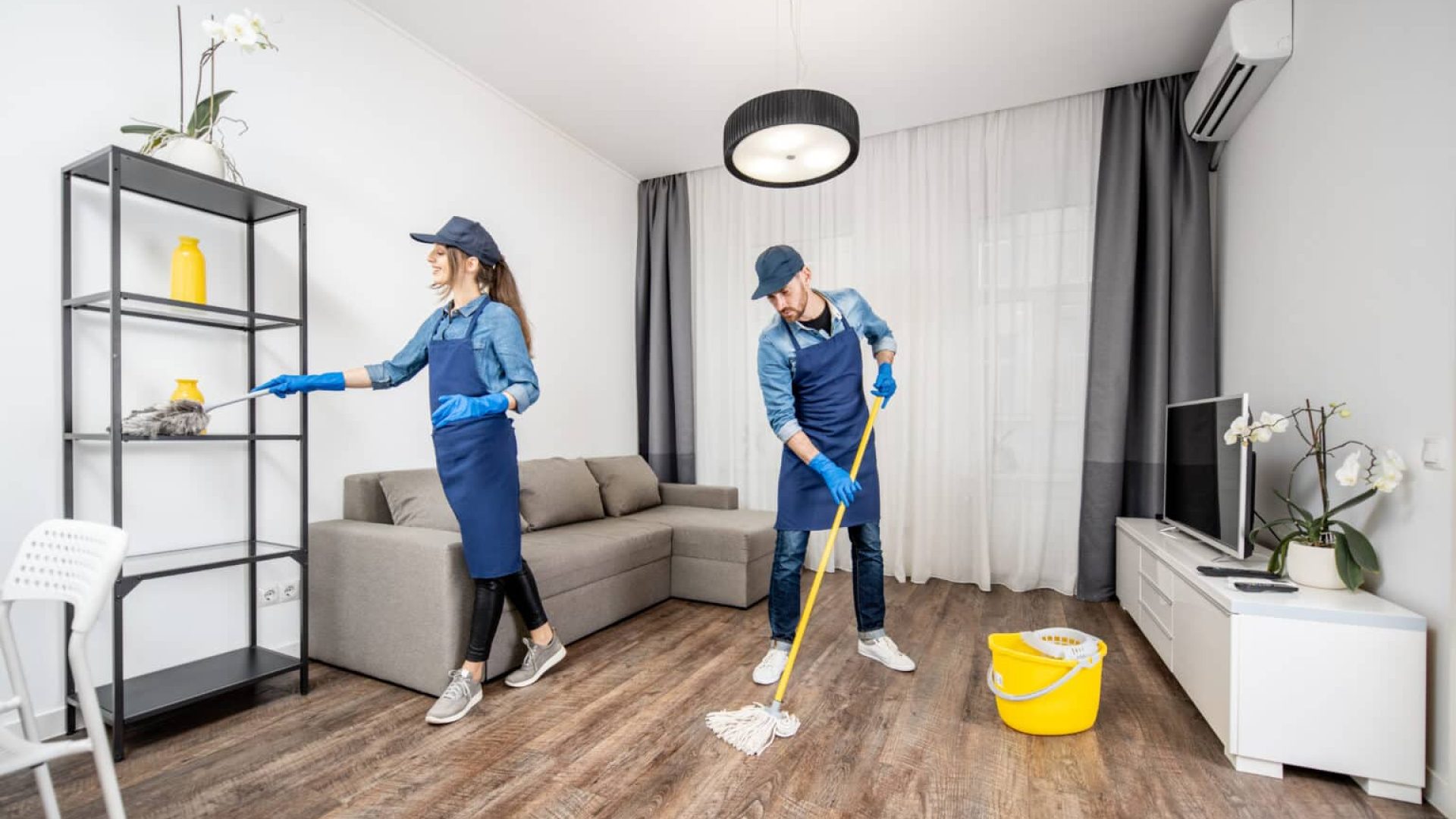According to Dictionary.com, a “make-ready” is the act or process of making something ready for use. When it comes to property management, it’s just that. The make-ready, or “rental turnover,” begins when a resident decides to move out and ends once the unit is prepared.
One concern with rental turnovers is they can be an extremely costly process. Depending on the state the property was left in, you could be paying thousands of dollars to clean and repair the property. This is why vetting all potential residents before they sign their leases is essential. Ensuring your lease requests references from a previous rental can help. Talking to previous landlords significantly indicates whether a renter will take care of your property. If you need to evict a resident, there is a higher chance the property will need a lot of work done than a renter who decided to move on their own.
Turnovers, also called “make-readies,” can be stressful for property managers because they are unpredictable. If your turnover rate exceeds the average of 45.2%, your team may be bogged down with make-ready tasks, and you will have to work harder to fill your vacant properties. In addition, make-readies can have unspecified turnover fees associated with them. Sometimes all a property needs is a deep clean and a new coat of paint; other times, significant damage needs repairing.
Below is a list of the most common turnover fees associated with make-readies. We’ve included the average charges for those tasks according to industry data.
1. Trash Removal, Up to $500 a day for dumpster rental
Often residents may leave things behind after moving out. If trash or cleaning supplies are left behind, throw them out. However, depending on the items left behind and your state, you may be required to let residents know. Are you looking at a large trash haul? Depending on the size, you’re considering renting a dumpster for up to $500 daily. Send your resident a written notice of any items left behind. Typically, it is required to give the resident thirty days to pick up any belongings before they are thrown out.
2. Make Repairs and Replace Appliances, $85 – $750 depending on the unit’s state.
Before a new resident moves in, you want to make sure everything in the property is in working order. Replace air filters and light bulbs and change the batteries in smoke and carbon monoxide detectors. Inspect the property for water damage, leaky pipes, or loose hardware and fix them as needed. If anything is broken, like a toilet or cabinet, replace it. Lastly, test all appliances and make sure they are in good working condition. If your appliances are old or broken, it may be time to replace them. At this time, you should also fix anything that was listed as damaged or broken during the move-out inspection.
3. Fix Larger Issues, $7,500 to carpet a 1,500 sq foot home.
The best-case scenario is that you have vetted great residents who care for and respect your property. However, sometimes you have a renter who may cause significant damage to the property. For example, residents with pets or children may wreak havoc on your flooring, and the carpet or tile must be replaced. If there are any holes in the ceiling or walls, patch and paint over them. Many residences will need a fresh coat of paint to cover any marks and holes from previous residents.
4. Deep clean the apartment, $50 an hour for professional cleaning services
After all the repairs have been completed, you will need to deep clean the entire property. This includes all the appliances, floors, light fixtures, and trim. A property should be spotless for your new resident. Many property managers hire a professional cleaning service since they have all the necessary equipment and are often faster than an internal team.
5. Change the locks, $50-$300, depending on the amount and type of locks.
After the property is ready for a new resident, the last step of the make-ready process is changing the locks. This is a safety issue to ensure no prior residents made a copy of the key. This step will help your new residents feel safe in their new homes.
6. Marketing the unit to find new residents, the average budget for a 514-door company is $1,154 a month.
A hidden cost many people need to think about when dealing with turnover fees is the cost to market your rental property and attract new residents. Many property management companies rely heavily on digital advertising. However, it would help if you determined the demographic of your target market to determine the best marketing channels to utilize. For example, if you have many older residents, you may have more success using traditional advertising methods like print ads or billboards.
It is hard to calculate the exact cost of turnover fees because the cost will vary depending on the status the property was left in. But as a rule of thumb, property managers can expect to spend anywhere from $1,000-$5,000 on turnover. This is why it is so important to keep your residents happy so you aren’t losing money due to a high turnover rate. Check out this article to learn how you can lower your turnover costs.
